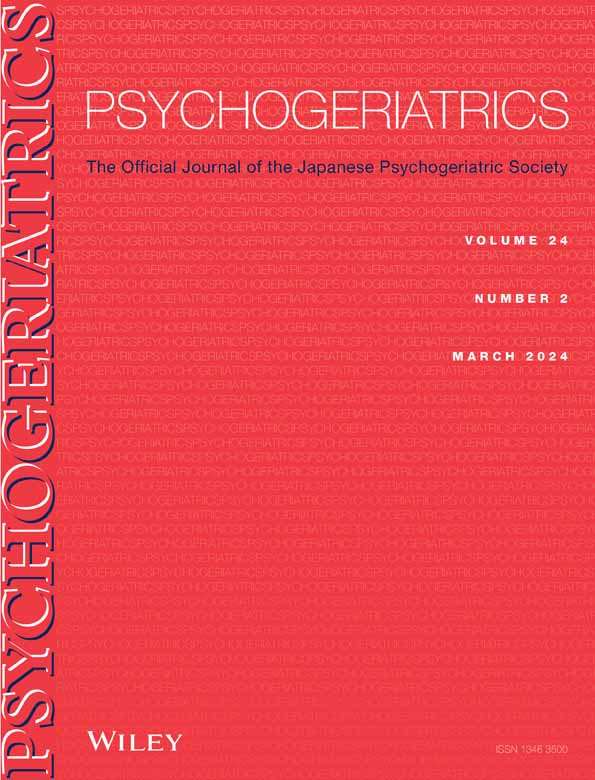Influence of loneliness and social isolation before and during the COVID-19 pandemic on mood, cognition and sleep
Disclosure: The authors declare no conflict of interest.
Abstract
Background
Social isolation and loneliness are public health problems and are related to poor physical and mental health in older persons, especially during the COVID-19 pandemic. We investigated the influences of social isolation and loneliness on mood, cognition and sleep quality in older persons.
Methods
This study evaluated 82 older persons, with a median age of 69.16 years (range: 60.00–85.97). The older persons were assessed before and during the period of the COVID-19 pandemic. Cognition was assessed using the Montreal Cognitive Assessment, symptoms of depression using the Beck Depression Inventory II, symptoms of anxiety using the Beck Anxiety Inventory, quality of sleep by the Pittsburgh Sleep Quality Index, daytime sleepiness by the Epworth Sleepiness Scale, isolation by the Duke Social Support Index and three-item UCLA Loneliness Scale.
Results
Our results revealed that loneliness is related to worsening anxiety symptoms (P = 0.008), and sleep quality (P = 0.011). Isolation is related to worsening sleep quality (P = 0.011). On the other hand, participants who did not isolate themselves during the pandemic felt more anxious (P = 0.021). In addition, older persons who were not isolated (P = 0.035) and had no loneliness (P = 0.007), have higher cognitive performance over time.
Conclusion
Loneliness is related to worsening symptoms of anxiety and sleep quality. Our results showed that social isolation is related to worsening sleep quality. On the other hand, high social support during the COVID-19 pandemic increased anxiety. Furthermore, better cognitive performance is related to non-isolated and non-lonely participants.
Open Research
DATA AVAILABILITY STATEMENT
Research data are not shared.




